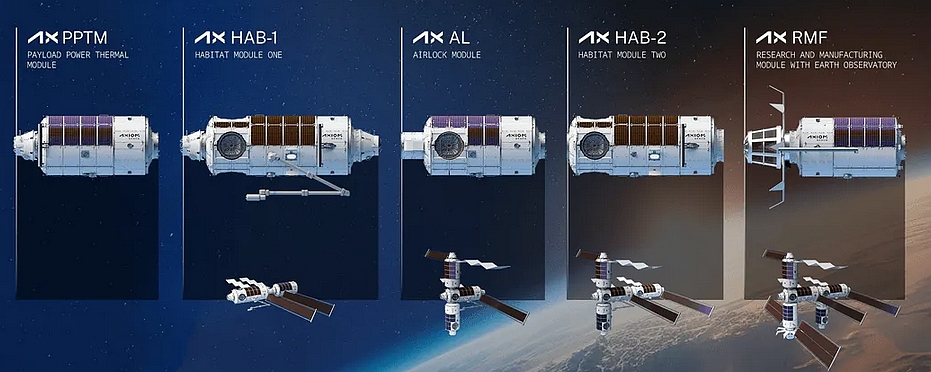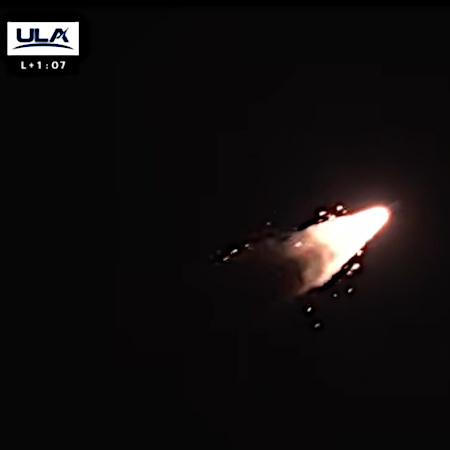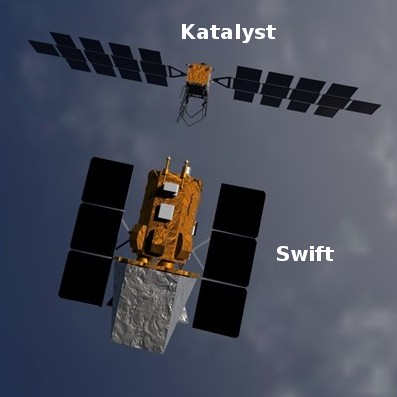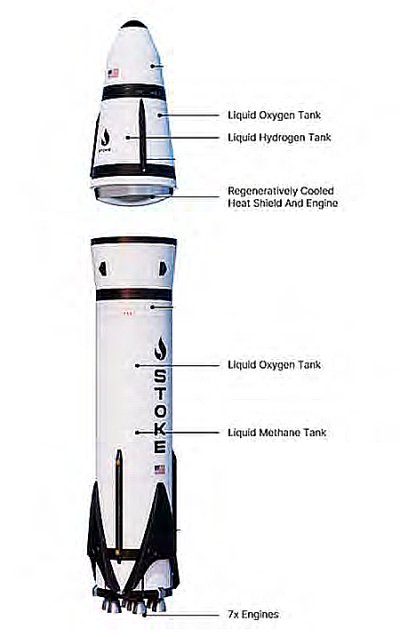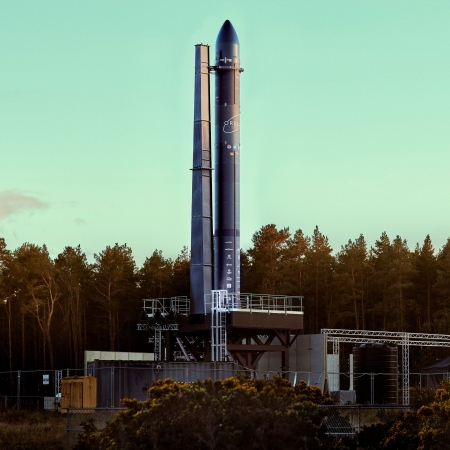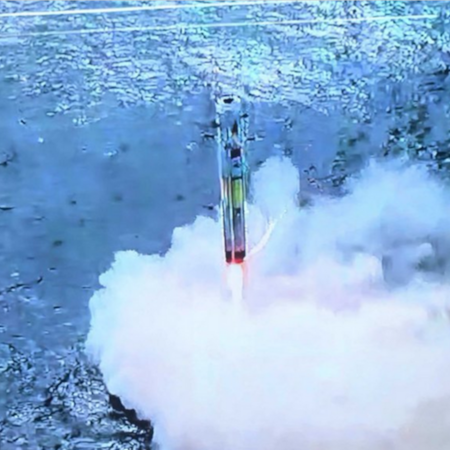Chinese pseudo-company raises $729 million
The Chinese pseudo-company rocket startup Ispace announced on February 13, 2026 that it has raised $729 million in new investment capital.
Beijing Interstellar Glory Space Technology Ltd., also known as iSpace, announced the D++ funding worth 5.037 billion yuan Feb. 12, following a D+ round of $98 million (700 million yuan) in September 2025. The round appears to be the largest disclosed funding round so far for a Chinese launch startup, eclipsing the previous rounds secured by Space Pioneer ($350 million) and Galactic Energy ($336 million) in 2025.
A press statement outlines a hybrid syndicate of numerous funding round participants, incgovernment industrial funds, state-linked strategic ecosystem investors, municipal and provincial investment vehicles and private equity. This follows a trend of strong strategic investment in space companies in China over the past couple of years since the central government identified commercial space as a strategic emerging industry and key driver of high-tech development. Co-leads Tongchuang Weiye and existing shareholder Jingming Capital represent market-oriented investors focused on advanced manufacturing and aerospace, and were joined by repeat backing from private equity players such as CDH Baifu and Ganquan Capital. [emphasis mine]
It is hard to determine how independent these Chinese investment firms are from the government. I suspect the communists are closely involved in some manner or another.
The press release made no mention of a timeline for when Ispace will attempt the first launch and recovery of its Hyperbola-3 rocket. It had previously targeted a 2025 launch, but that never happened.
The Chinese pseudo-company rocket startup Ispace announced on February 13, 2026 that it has raised $729 million in new investment capital.
Beijing Interstellar Glory Space Technology Ltd., also known as iSpace, announced the D++ funding worth 5.037 billion yuan Feb. 12, following a D+ round of $98 million (700 million yuan) in September 2025. The round appears to be the largest disclosed funding round so far for a Chinese launch startup, eclipsing the previous rounds secured by Space Pioneer ($350 million) and Galactic Energy ($336 million) in 2025.
A press statement outlines a hybrid syndicate of numerous funding round participants, incgovernment industrial funds, state-linked strategic ecosystem investors, municipal and provincial investment vehicles and private equity. This follows a trend of strong strategic investment in space companies in China over the past couple of years since the central government identified commercial space as a strategic emerging industry and key driver of high-tech development. Co-leads Tongchuang Weiye and existing shareholder Jingming Capital represent market-oriented investors focused on advanced manufacturing and aerospace, and were joined by repeat backing from private equity players such as CDH Baifu and Ganquan Capital. [emphasis mine]
It is hard to determine how independent these Chinese investment firms are from the government. I suspect the communists are closely involved in some manner or another.
The press release made no mention of a timeline for when Ispace will attempt the first launch and recovery of its Hyperbola-3 rocket. It had previously targeted a 2025 launch, but that never happened.




